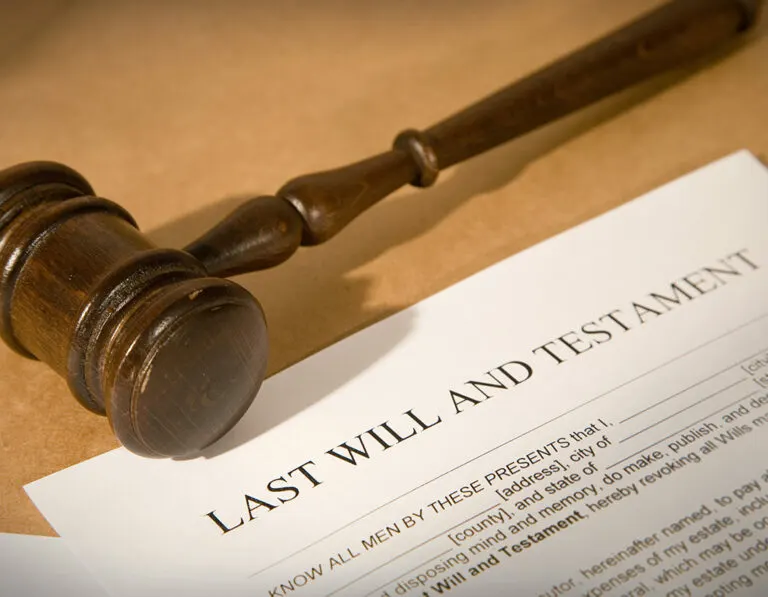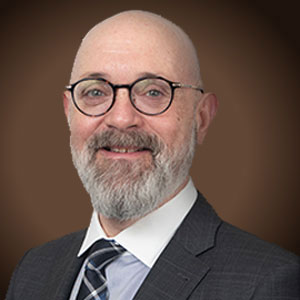When you put together a Last Will & Testament as part of your estate planning, one of the most important things you do in the will is to name your executor. Ever wonder what exactly does an executor do? By definition, an executor is a person or institution appointed by the testator of the Will, to carry out the terms outlined in that document. The executor is often a spouse, close family member or trusted friend. If no such person is available, a qualified Independent Fiduciary can be appointed under state law, according to a recent article from The Street entitled “Top Duties of an Estate Executor and How to Carry Them Out.”
Being named an executor in a person's Will is an important task! The executor selected needs to be trustworthy and organized, since there are many details involved. Depending on the complexity and size of the estate, the executor’s duties could include additional tasks. However, the following are the five main categories:
- Filing the will with the court
- Gathering documents
- Paying debts and taxes and collecting from any debtors
- Closing out Social Security accounts, insurance policies and retirement accounts; and
- Maintaining any real estate property, until it is sold, or ownership is transferred to an heir.
Once the will is filed with the court and deemed valid, the court will issue Letters Testamentary, and the executor will be empowered to go forward with their tasks as directed by the will.
Gathering documents.
The executor needs to gather documents together, including:
- Death certificates
- Deeds and titles of ownership
- Trust documents; and
- Insurance policies.
Combine assets and close accounts.
The executor needs to contact the decedent’s banks, credit card companies, lenders, leasing companies and any accounts holding assets.
The executor also applies to the IRS for an estate tax ID number, also known as an EIN, and opens an estate bank account. This is where any assets are deposited, including proceeds from the sale of any assets.
The Social Security Administration needs to be notified of the death. Depending on the date of death, the last Social Security deposit may be recouped from the decedent’s bank account. If there is an eligible survivor, the executor may help the spouse or dependent apply for benefits.
Collect money owed and pay debts.
The executor may help beneficiaries file for life insurance proceeds.
The executor needs to examine and adjudicate any outstanding debts owed to the decedent and handle any creditor claims. The debts are not the financial responsibility of the executor and should be paid only from funds in the estate account.
What exactly does an executor do? How should they approach it? The main responsibility of an executor of a will is to carry out the final wishes of the person who bestowed that position of trust. With good and careful planning, the executor can ensure an orderly and uncontested flow of assets from the deceased’s estate to heirs. This includes consultation with the testator while they are still living and can discuss their wishes and plan for a smooth transition. This is certainly not the most comfortable discussion. However, it can make the process easier for all concerned, if done with kindness and care in advance.
In these times, your children may not live around you or even in the same state! This alone might prompt you to consider an independent fiduciary to act on your behalf. I saw this need arising and went back to hit the books to study and earn certifications as a Master Certified Independent Trustee and as an Accredited Trust Financial Advisor to let clients know we have the expertise and the ability to act as their Executor, Trustee or Agent if such need arises.
If you find yourself asking questions like "What Exactly Does an Executor Do?", or other estate planning questions, it can be frustrating to know where to turn... We can help! If you or a loved one are concerned about issues with situations like this, and in estate planning and elder law concerns including Asset Protection/Medicaid Planning and questions regarding long-term care and the nursing home, reach out to us! Book a call with us on our website: www.VAElderLaw.com to get started. We have offices in Bassett, Danville and Lynchburg to serve you.
Reference: The Street (Dec. 5, 2022) “Top Duties of an Estate Executor and How to Carry Them Out”



